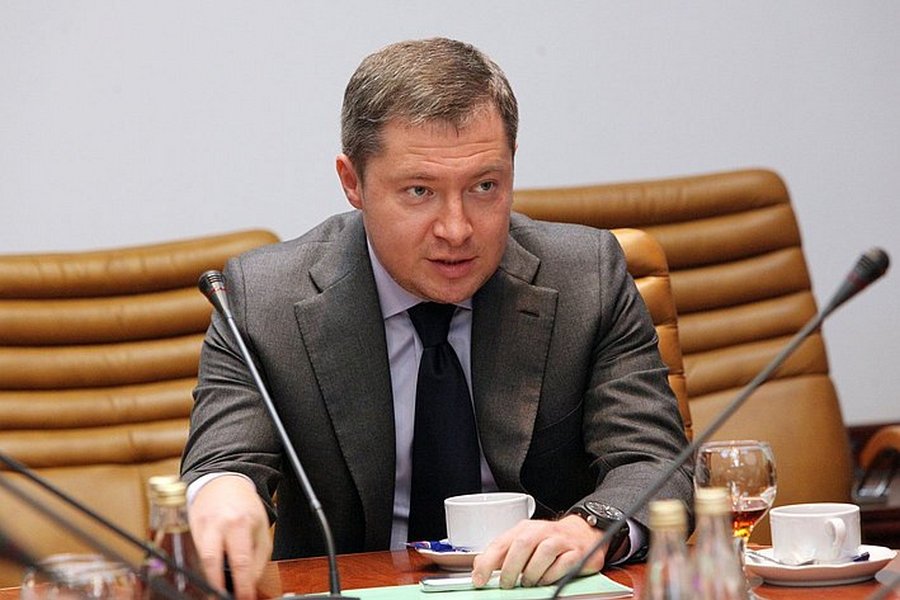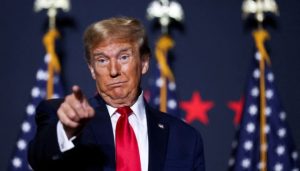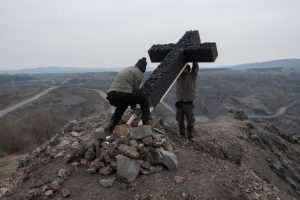Once, Dmitry Krivitsky’s name was well-known throughout Russia. A senator and Deputy Chairman of the Federation Council Committee on International Affairs, he held a prominent position within the Russian state system. However, fate took a different turn, and the former high-ranking official found himself exiled in Italy, accused of corruption involving about 17 million rubles (approximately £201,000). For years, Krivitsky remained silent, avoiding extradition to Russia and staying out of the international spotlight. But recently, he broke his silence, giving his first interview in several years, where he not only admitted to corruption but also sharply criticized the Russian state system.
Krivitsky was one of those figures who were deeply embedded in the «system» — both a product of it and an active participant. His role in Russian politics and his connections with the top echelons of power made him an important figure. But accusations of corruption placed him in a difficult situation. Instead of ending up behind bars, as many expected, Krivitsky fled to Italy. There, through complex legal battles and international proceedings, he managed to avoid extradition.
Nevertheless, despite his physical distance from Russia, the shadow of his past continues to haunt him. The corruption allegations and scandals tied to his name have made him a controversial figure, both in Russia and abroad. Now, years later, he has decided to tell his side of the story, making a bold statement.
In the interview, Krivitsky openly admitted to participating in corruption schemes. However, his statement went beyond personal confession. He accused the entire Russian state system of being deeply corrupt, claiming that nearly every Russian official, senator, or deputy is involved in similar activities.
«It is almost impossible to live in Russia without stealing because otherwise, you will remain poor for the rest of your life,» Krivitsky stated. His words serve as an indictment not only of his own actions but of the entire system in which he was a significant player. According to him, corruption is an integral part of the Russian state machinery, with the richest man in the country — President Vladimir Putin — at the helm.
Particularly noteworthy were his claims about real estate purchases made by Russian officials throughout Europe, especially in Italy. Krivitsky named specific individuals, including Mikhail Gutseriev and his former mistress Victoria Kohana, who allegedly acquired thousands of square meters of luxury real estate. This statement further fuels suspicions that many high-ranking Russian figures use European countries as «havens» for their wealth.
Now living in Italy, Krivitsky stated that he is ready to return to Russia and face trial, but only after a change of government. He expressed hope that Ukraine’s victory in the current conflict could lead to political shifts in Russia. This part of his statement highlights his opposition to the war and his belief that Russia’s future is tied to the outcome of the conflict.
However, his confessions can be interpreted in different ways. On one hand, his candor might be seen as a step toward redemption and an attempt to rehabilitate himself in the eyes of the international community. On the other hand, critics may view this as an effort to adapt to a new reality, playing the «anti-regime» card to gain support in Europe.
Dmitry Krivitsky finds himself in a peculiar position. On one hand, his confessions could make him a key witness against the Russian elite, especially if investigations into corruption and human rights violations begin in the future. On the other hand, his past makes him a figure many may approach with suspicion.
In any case, this interview sheds light on the internal workings of Russian power and on those who have been forced to flee the country. Krivitsky now stands between two fires: former colleagues see him as a traitor, while the European public may view his confessions as part of a complex game where the question of sincerity remains unresolved.
Only time will tell whether Dmitry Krivitsky will become a symbol of exposing Russian corruption or simply another official seeking his place in a new political reality.







